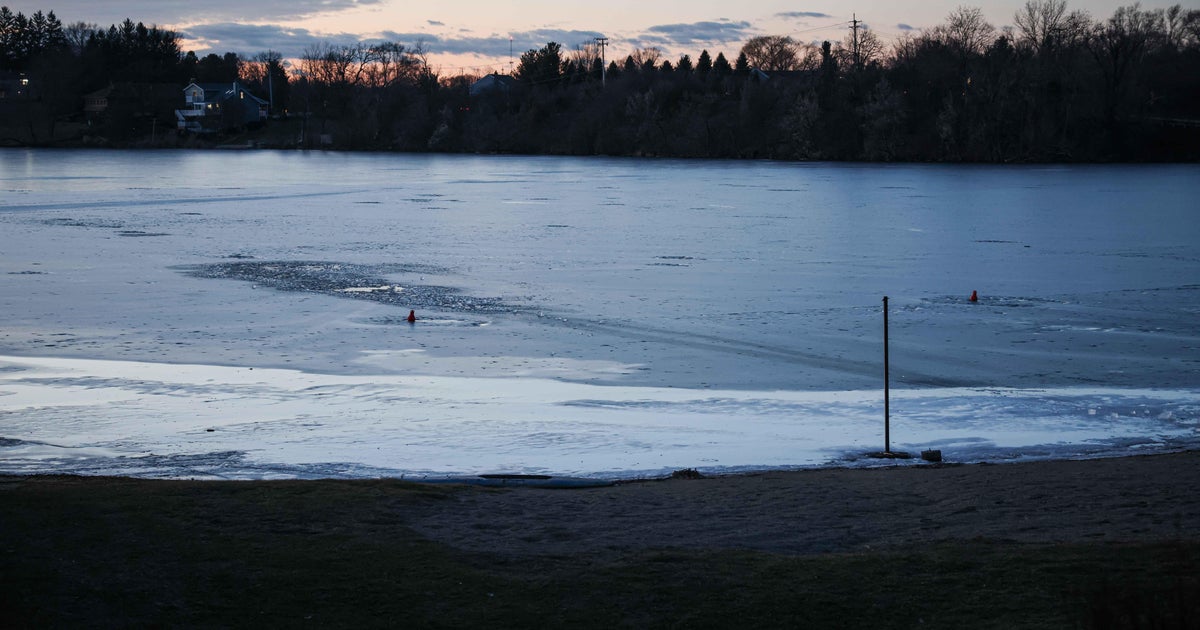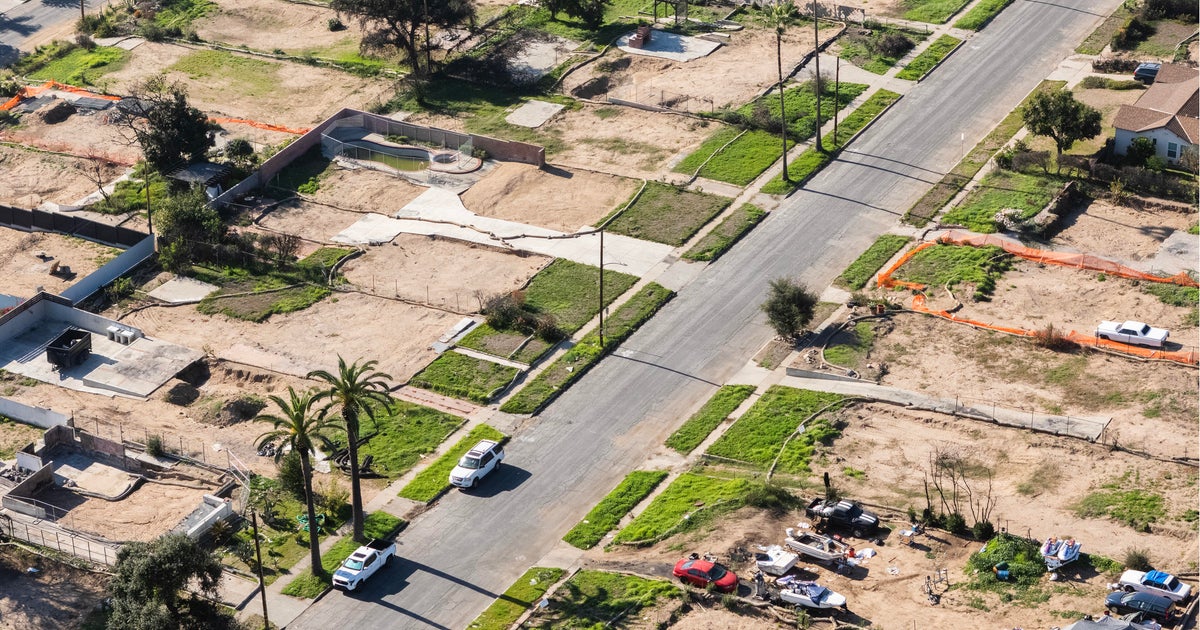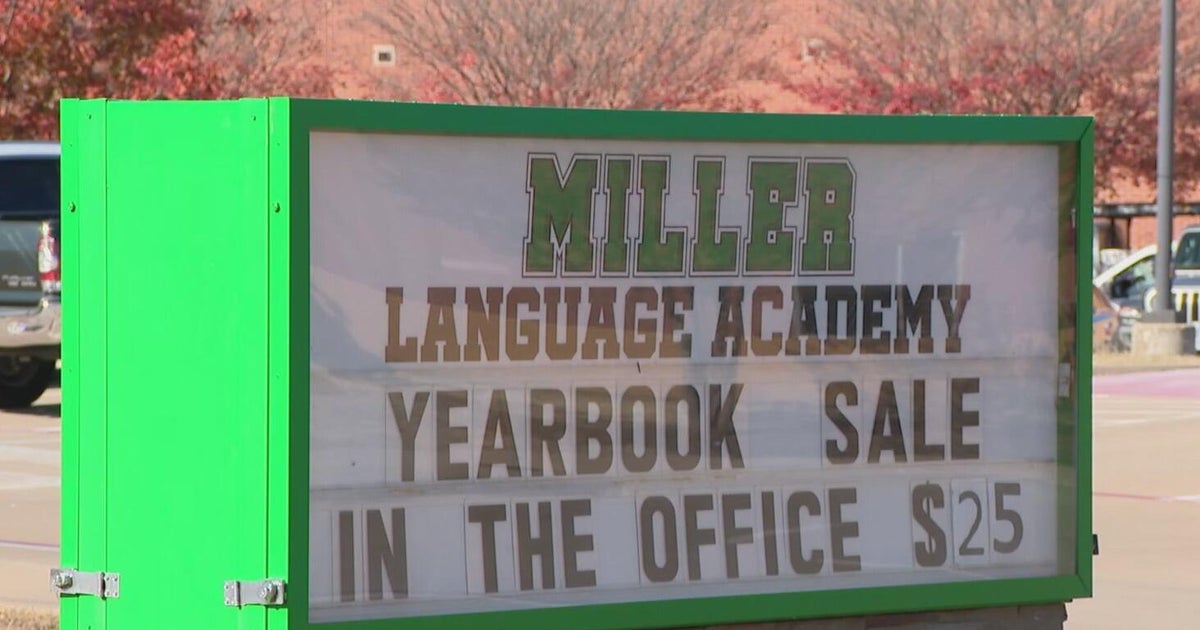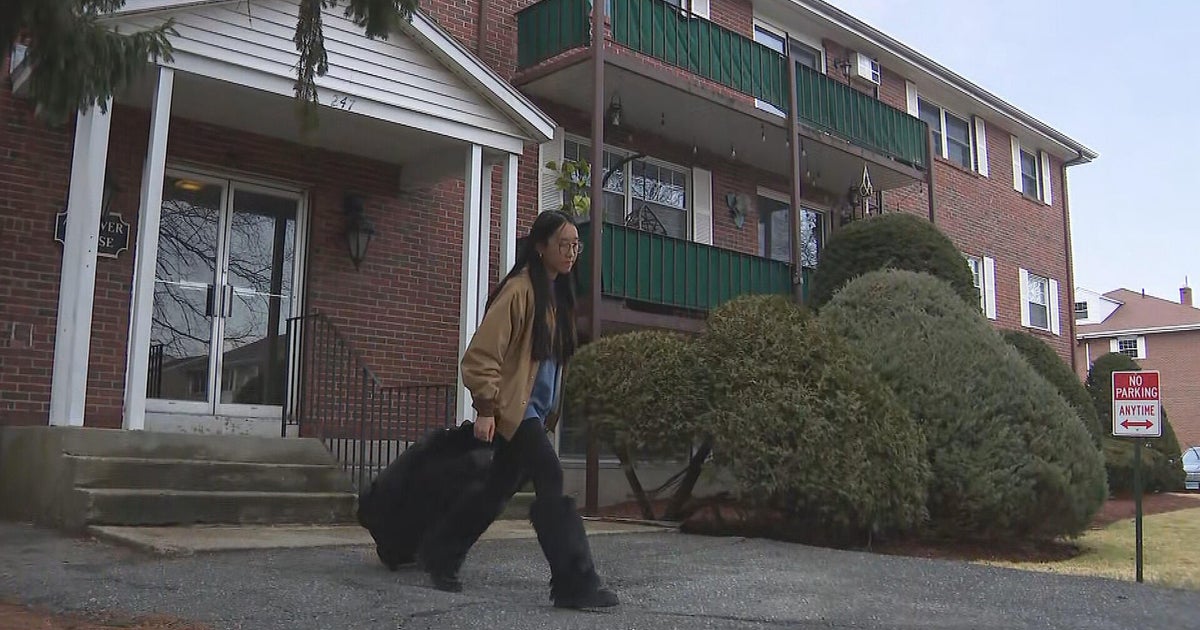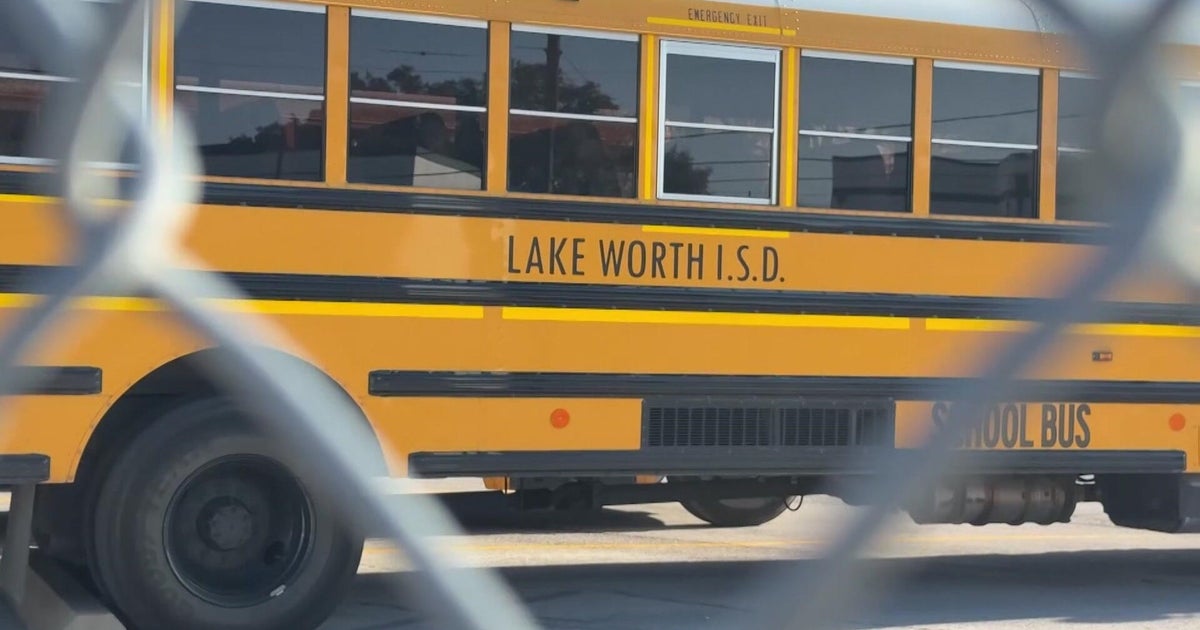Water From Lake Lewisville Creeping Closer To Homes
LEWISVILLE (CBSDFW.COM) - Jay Seffern has watched Lake Lewisville swallow his backyard and creep up to his patio's steps. "When I said I wanted to live on the lake, I didn't mean I wanted it in my living room."
Seffern says it's the highest he's seen the lake since 2007. It's a lot higher now than it was when he and his wife bought their townhouse back in November, 2013 when they could still see the grass.
"The water was 300 yards out there, the bottom of this tree was over our heads. You can see the tree is submerged and is ten feet under water."
To understand the delicate balancing act facing the U.S. Army Corps of Engineers, which controls the lake, look no further than Seffern's yard.
To protect residents against flooding, the Corps retains the right to hold water until it reaches about 537 feet elevation. In Seffern's case, that's at the top of his retaining wall.
That gives the Corps enough room in the lake to store excess water safely so it doesn't flow down the Trinity River all at once and flood downtown Dallas.
Seffern's patio is at 539 feet. The lake is at more than 534 feet.
Lake Lewisville has been rising in part because the Corps has been releasing water into it from Lake Ray Roberts.
Lake Lewisville is high enough that it's already flowing on its own out of the spillway downstream.
But for now, the Corps isn't opening the lake's flood gates to release any more water since the Trinity River in downtown Dallas is still above flood stage -- and the Corps doesn't want to cause widespread flooding.
Seffern says, "That would be acceptable til the next big storm comes. So I'm hoping they re-evaluate that when the next big storm comes."
The Corps says the Trinity River in downtown Dallas needs to drop below flood stage before it considers re-opening Lake Lewisville's flood gates sending more water downstream.

